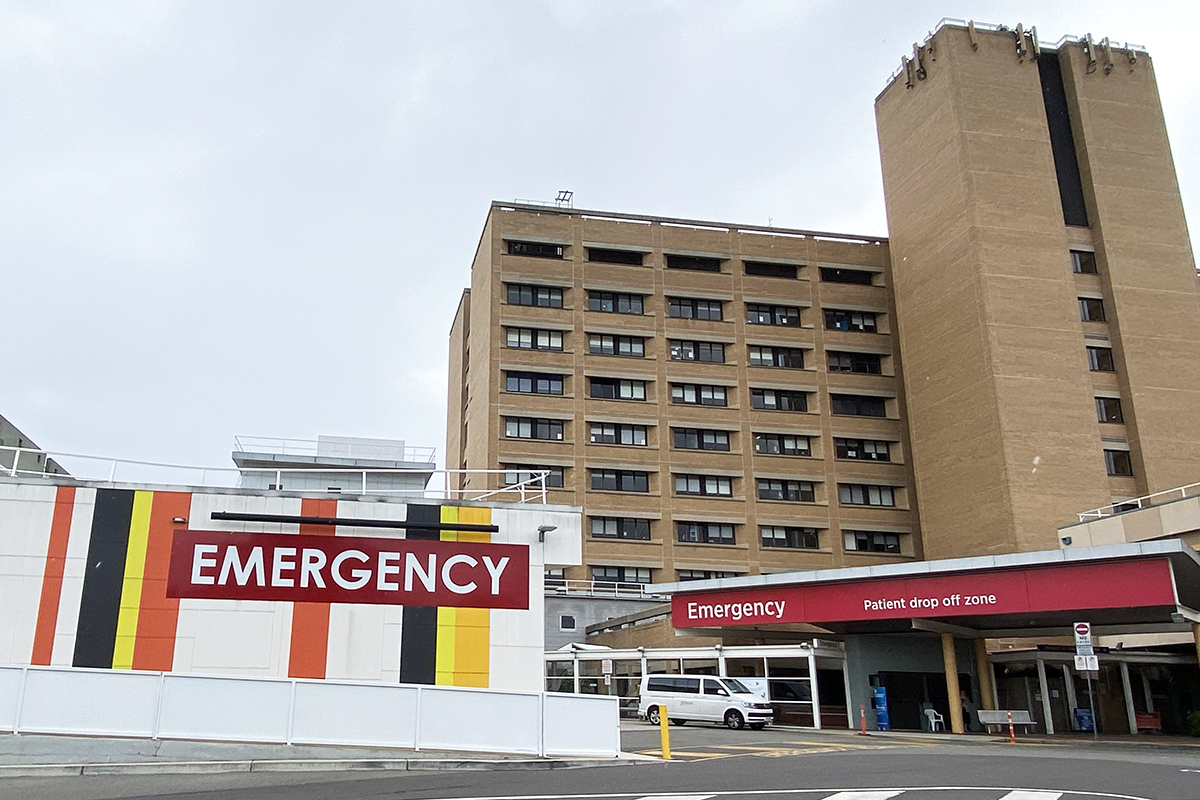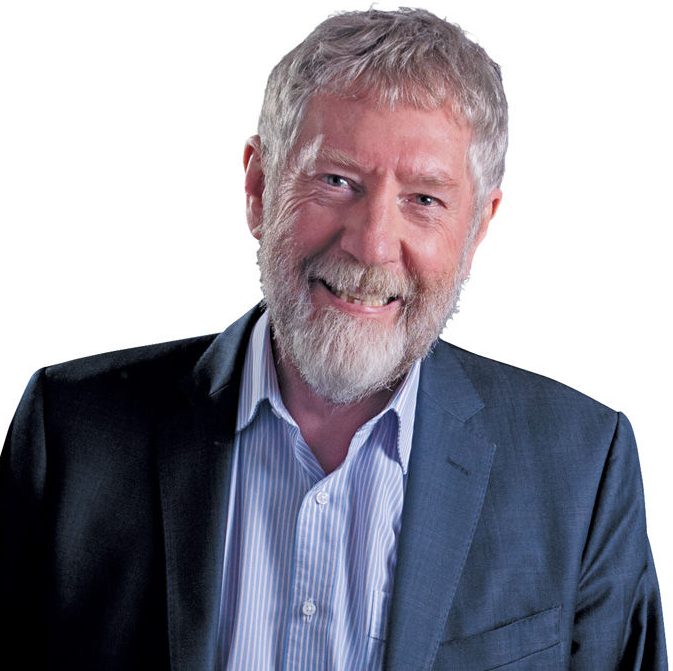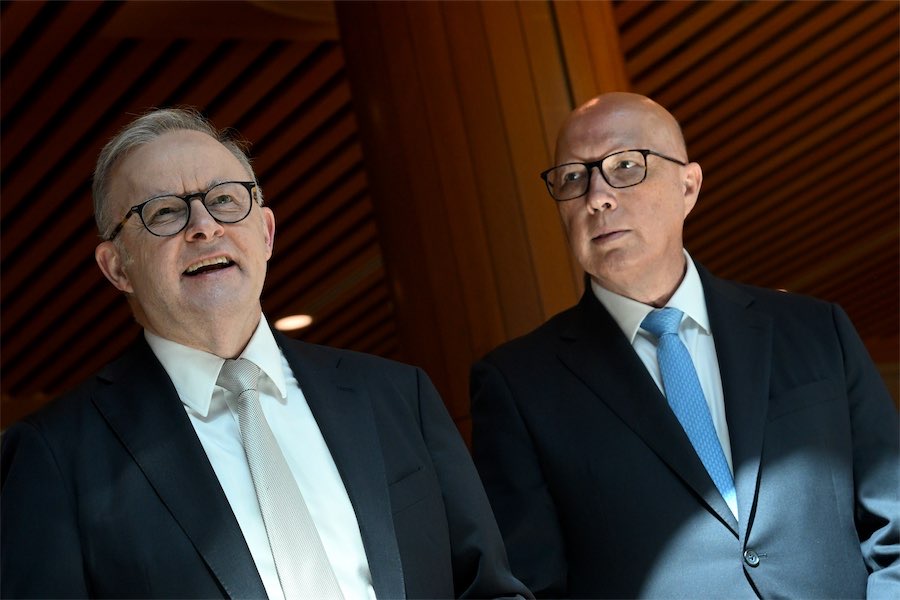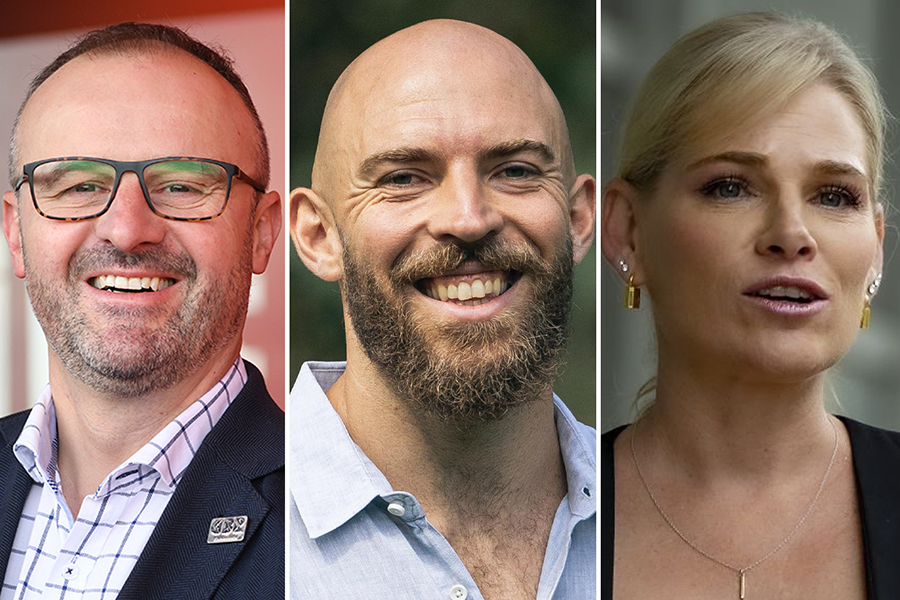
“Whoever is in government in the ACT after October will have a huge challenge to restore the position of the ACT to leading the nation in hospital and health care – as was the case before Labor came to power over two decades ago,” writes political columnist MICHAEL MOORE.
Health remains one of the key challenges for the ACT election in October.

While the government continues to make promises that we doubt it can afford, the Canberra Liberals find ways to criticise.
The advice of former UK prime minister Tony Blair to the new British government regarding the health crisis in the UK, as heard on BBC Radio 4 the Tuesday after the election there, also rings true for dealing with failures in the health system in Canberra.
Tony Blair pointed to “a whole slew of new treatments, new vaccines, new injectables, new diagnostics, so you can switch your healthcare system from cure to prevention”.
He added: “There’s a massive amount you can do there, if you’re also prepared to do the other thing”. The other thing is to base decisions on “all your health data”.
Whoever is in government in the ACT after October will have a huge challenge to restore the position of the ACT to leading the nation in hospital and health care – as was the case before Labor came to power over two decades ago.
It is not that the Labor-Greens government has done nothing. Through covid the ACT performed very well on preventive health. The University of Canberra Hospital has taken some pressure off the Canberra Hospital. The construction that has occurred over the years at the Woden site of the Canberra Hospital is apparent for all to see. Although it is yet to be determined if it was a positive move, the government has taken back management of the previous Calvary Public Hospital.
However, when compared with the other states and the NT, the ACT has gone backwards. As pointed out by Jon Stanhope and Khalid Ahmed in the pages of CityNews, there has been constant purloining from the health budget. This type of pilfering has taken its toll.
The spending made by the government is largely in capital works. The weakness in the approach taken by the Labor-Greens governments over the years has been in the recurrent budget, through which staff are funded.
Attempts to take pressure off the hospital have been tried. The nurse-led walk-in clinics have been evaluated and found to be successful. Ironically, as shadow health minister, Leanne Castley has discovered through FOI, the government has been exploring adding GPs to the system. Wouldn’t that mean doctor-led walk-in clinics?
It is time for the election promises.
More nurse-led walk-in clinics are on the agenda. The intention is to staff more clinics in south Tuggeranong, the inner south, north Gungahlin and west Belconnen.
Additionally, Chief Minister Andrew Barr and Health Minister Rachel Stephen-Smith announced: “The government is resourcing our four-year elective surgery plan to deliver 60,000 elective surgeries and to expand operating theatre capacity in public health services”. There are no figures in their media release to indicate how many elective surgeries are currently being delivered and their level of complexity.
Before the budget, the government announced (as an opening salvo in the election campaign) that it was committed to hiring 800 more healthcare workers. It identified more nurses, doctors, specialists, midwives, physiotherapists and other allied health professionals.
More than $86 million was allocated in the 2024-25 ACT Budget to recruit more than 137 new full-time equivalent nurses and midwives as a first step.
These sorts of promises are important. However, there are challenges throughout Australia in recruiting staff. The quality of staff that we have in our health systems, and our hospitals in particular, must not be diminished.
Recruiting from overseas, especially from low and middle-income countries, also has an important moral dimension. Where people in these countries have very poor population to medical profession ratios, it seems immoral to worsen the situation.
Training and recruitment have been allowed to go backward against population growth and health needs over the past decades. Attempts to rectify this problem in the few months leading into an election raise many more questions than answers.
Promises for improvement are appropriate. Let’s hope they will become reality. However, experience of similar promises being delivered over the last few years provides reason to doubt such assurances.
Will there be a strong enough crossbench in the ACT Assembly to hold government accountable for these promises? Well, that is up to ACT voters.
Michael Moore is a former member of the ACT Legislative Assembly and an independent minister for health. He has been a political columnist with “CityNews” since 2006.
Who can be trusted?
In a world of spin and confusion, there’s never been a more important time to support independent journalism in Canberra.
If you trust our work online and want to enforce the power of independent voices, I invite you to make a small contribution.
Every dollar of support is invested back into our journalism to help keep citynews.com.au strong and free.
Thank you,
Ian Meikle, editor





Leave a Reply